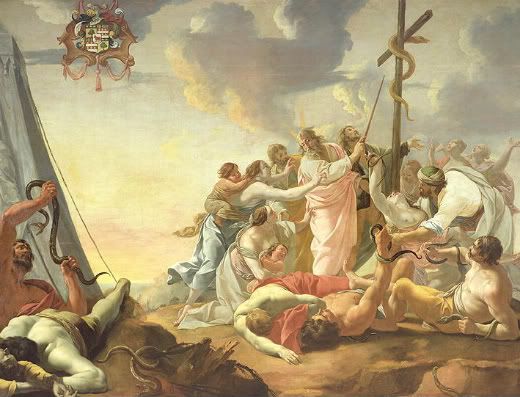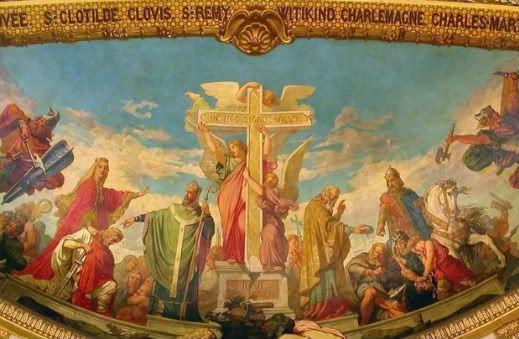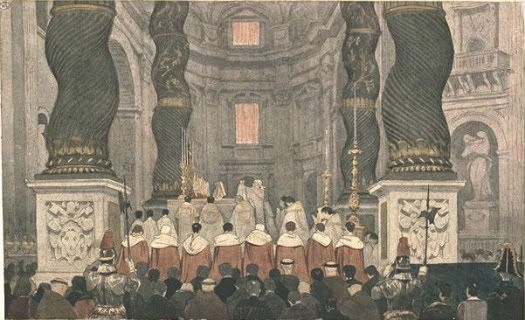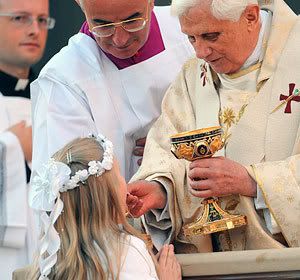
Some suggested that the Holy Father distributed Communion in the traditional manner only because it was the Feast of Corpus Christi–of the Body and Blood of Jesus Christ–and that he was making a point about the sacredness of the Eucharist. A new interview with the master of ceremonies for papal Masses, however, makes it clear that he was indeed making a point, but that this was not a one-time thing. In L’Osservatore Romano, the official newspaper of the Vatican, Monsignor Guido Marini was asked whether the “practice [is] destined to become habitual in papal ceremonies.” (Article)
***All well & good. Thanks be to God, the Holy Father has reintroduced a common sense way of receiving the “Source & Summit” of Christianity (Christ Himself). However, why just Papal ceremonies? Is the Eucharist received from the Pope somehow more “special” than received at a humble parish Mass? Is Jesus more present? Of course not. Same Christ, Same Sacrifice no matter where offered, by whichever Priest of the Church. So, if it is indeed true it is a “more reverent” way of receiving Holy Communion then it is an Objectively “more reverent” way, and should be done in all Churches by all Catholics. Unless of course we don’t want to reverence God any more than what we do now, which should be seen as absurd. Right? ***
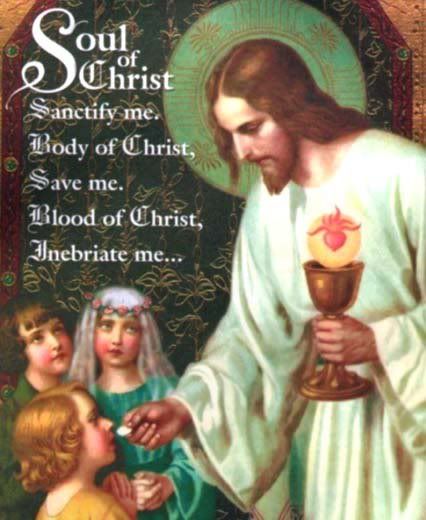
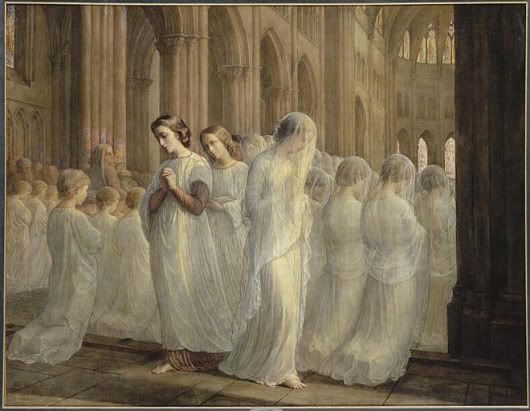
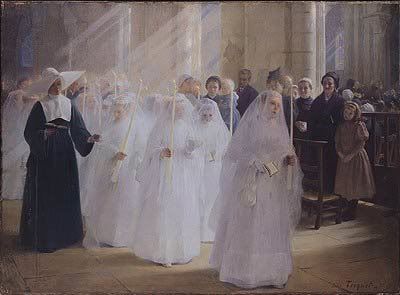
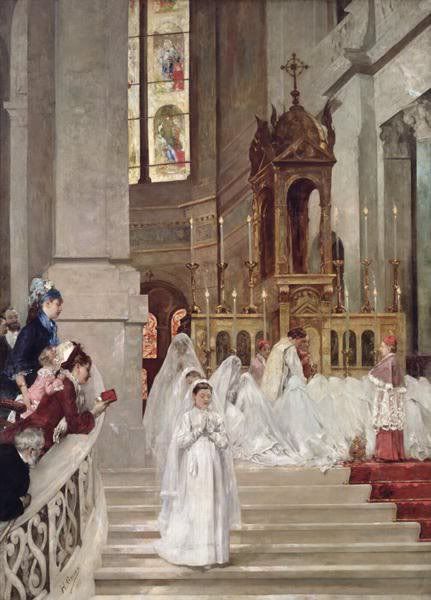
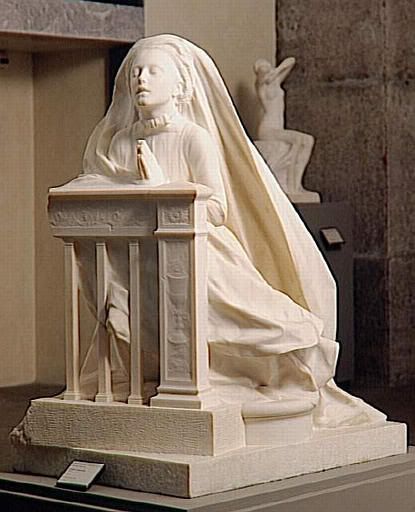
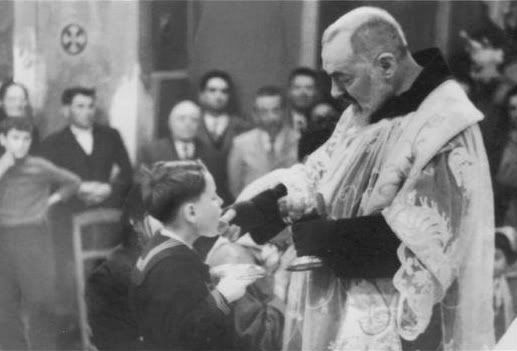
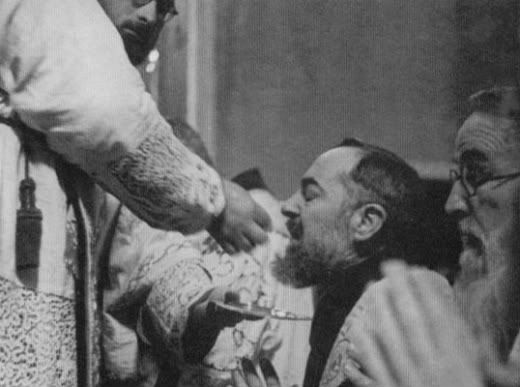
fonte:hallowedgrund
Holy Cross
And as Moses lifted up the serpent in the desert, so must the Son of man be lifted up: That whosoever believeth in him, may not perish; but may have life everlasting. John 3:14
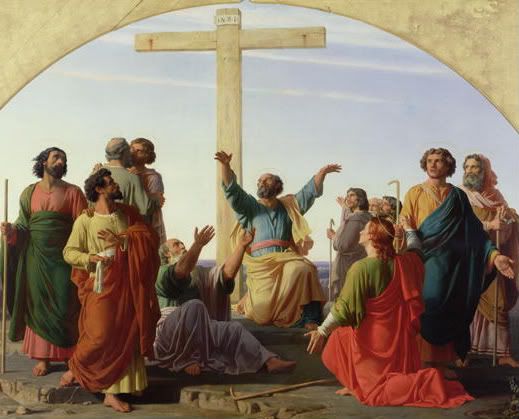
For the word of the cross, to them indeed that perish, is foolishness; but to them that are saved, that is, to us, it is the power of God. Cor 1, 1:18
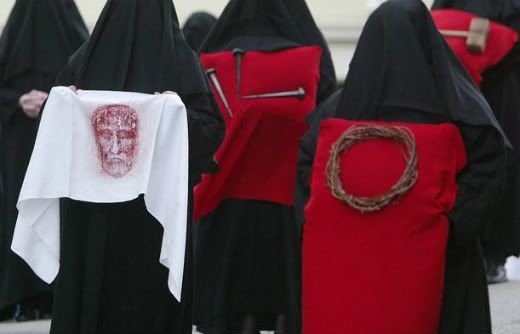
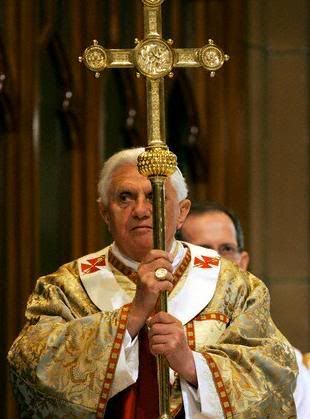 The Roman Missal promulgated by St. Pius V and reissued by Bl. John XXIII is to be considered as an extraordinary expression of that same ‘Lex orandi,’ and must be given due honour for its venerable and ancient usage. These two expressions of the Church’s Lex orandi will in no any way lead to a division in the Church’s ‘Lex credendi’ (Law of belief). They are, in fact two usages of the one Roman rite.
The Roman Missal promulgated by St. Pius V and reissued by Bl. John XXIII is to be considered as an extraordinary expression of that same ‘Lex orandi,’ and must be given due honour for its venerable and ancient usage. These two expressions of the Church’s Lex orandi will in no any way lead to a division in the Church’s ‘Lex credendi’ (Law of belief). They are, in fact two usages of the one Roman rite.
It is, therefore, permissible to celebrate the Sacrifice of the Mass following the typical edition of the Roman Missal promulgated by Bl. John XXIII in 1962 and never abrogated, as an extraordinary form of the Liturgy of the Church. Pope Benedict XVI: Summorum Pontificum
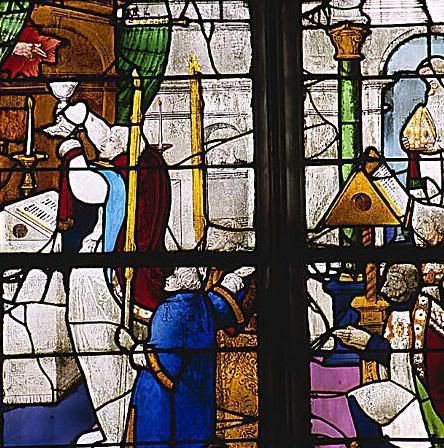

For the word of the cross, to them indeed that perish, is foolishness; but to them that are saved, that is, to us, it is the power of God. Cor 1, 1:18

Faithful Cross,above all other, the one noble tree.
None in foliage, nor in blossom,nor in fruit offers more:
Sweetest wood and sweetest iron, Sweetest weight is hung on thee (Crux Fideles)
None in foliage, nor in blossom,nor in fruit offers more:
Sweetest wood and sweetest iron, Sweetest weight is hung on thee (Crux Fideles)

It is, therefore, permissible to celebrate the Sacrifice of the Mass following the typical edition of the Roman Missal promulgated by Bl. John XXIII in 1962 and never abrogated, as an extraordinary form of the Liturgy of the Church. Pope Benedict XVI: Summorum Pontificum

Makes Glad The Heart Of Man
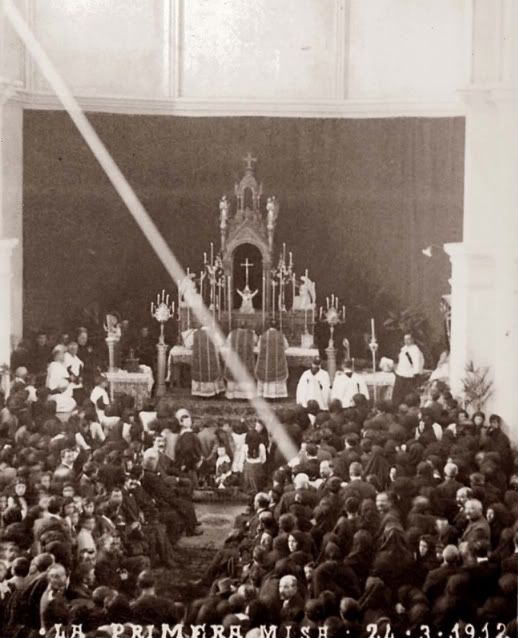
What we eat and what we drink the Holy Spirit has elsewhere made plain by the prophet, saying, “Taste and see that the Lord is good, blessed is the man that hopes in Him.” In that sacrament is Christ, because it is the Body of Christ, it is therefore not bodily food but spiritual. Whence the Apostle says of its type: “Our fathers ate spiritual food and drank spiritual drink,” 1 Cor10:3 for the Body of God is a spiritual body; the Body of Christ is the Body of the Divine Spirit, for the Spirit is Christ, as we read: “The Spirit before our face is Christ the Lord.” Lam 4:20 And in the Epistle of Peter we read: “Christ died for us.” 1 Peter 2:21 Lastly, that food strengthens our heart, and that drink “makes glad the heart of man,” as the prophet has recorded. St. Ambrose: On the Mysteries
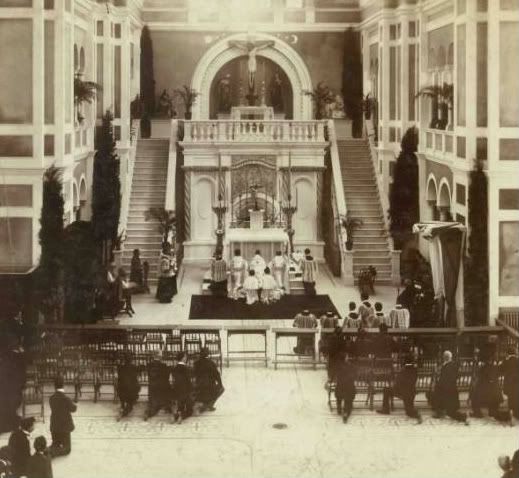
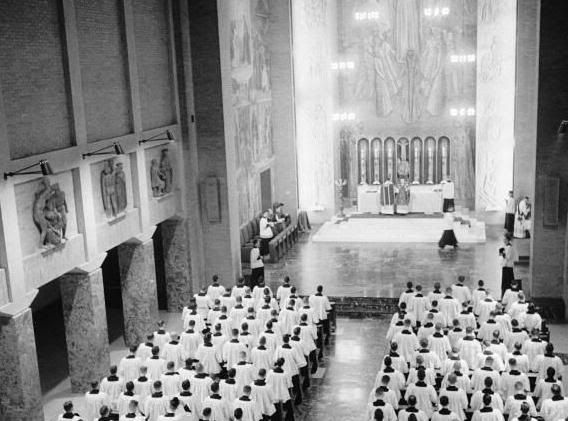
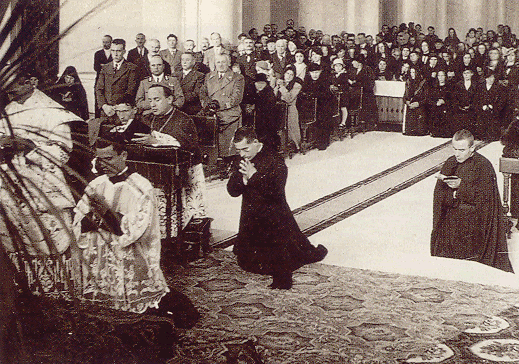

 inundado por um mistério de luz que é Deus e N´Ele vi e ouvi -A ponta da lança como chama que se desprende, toca o eixo da terra, – Ela estremece: montanhas, cidades, vilas e aldeias com os seus moradores são sepultados. - O mar, os rios e as nuvens saem dos seus limites, transbordam, inundam e arrastam consigo num redemoinho, moradias e gente em número que não se pode contar , é a purificação do mundo pelo pecado em que se mergulha. - O ódio, a ambição provocam a guerra destruidora! - Depois senti no palpitar acelerado do coração e no meu espírito o eco duma voz suave que dizia: – No tempo, uma só Fé, um só Batismo, uma só Igreja, Santa, Católica, Apostólica: - Na eternidade, o Céu!
inundado por um mistério de luz que é Deus e N´Ele vi e ouvi -A ponta da lança como chama que se desprende, toca o eixo da terra, – Ela estremece: montanhas, cidades, vilas e aldeias com os seus moradores são sepultados. - O mar, os rios e as nuvens saem dos seus limites, transbordam, inundam e arrastam consigo num redemoinho, moradias e gente em número que não se pode contar , é a purificação do mundo pelo pecado em que se mergulha. - O ódio, a ambição provocam a guerra destruidora! - Depois senti no palpitar acelerado do coração e no meu espírito o eco duma voz suave que dizia: – No tempo, uma só Fé, um só Batismo, uma só Igreja, Santa, Católica, Apostólica: - Na eternidade, o Céu! 